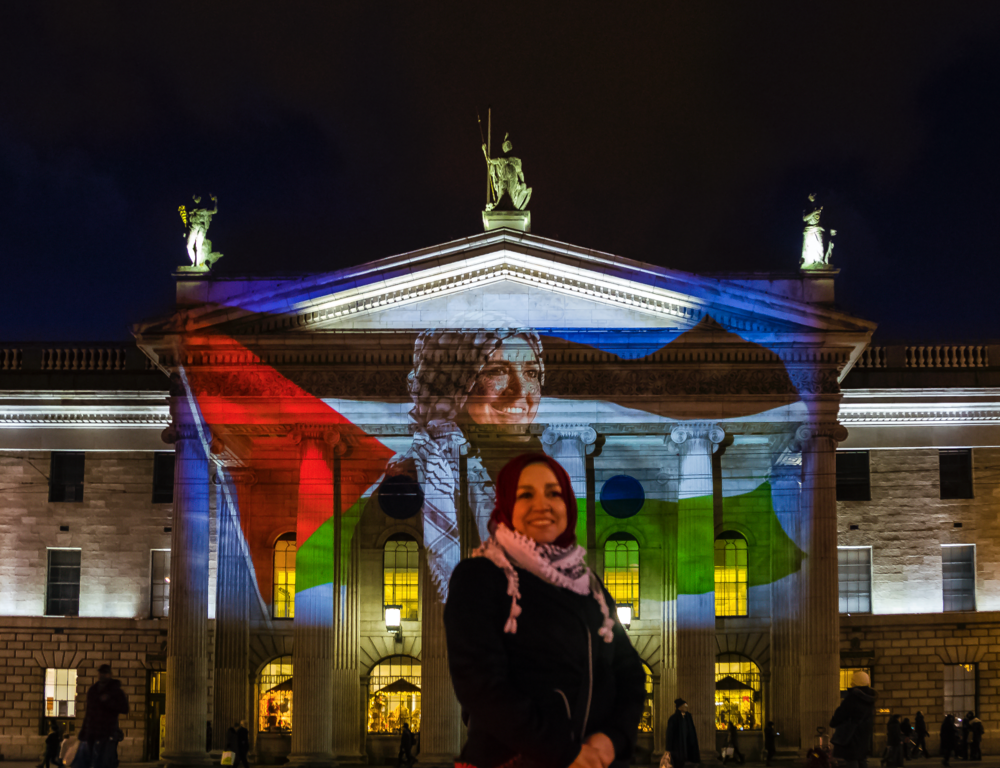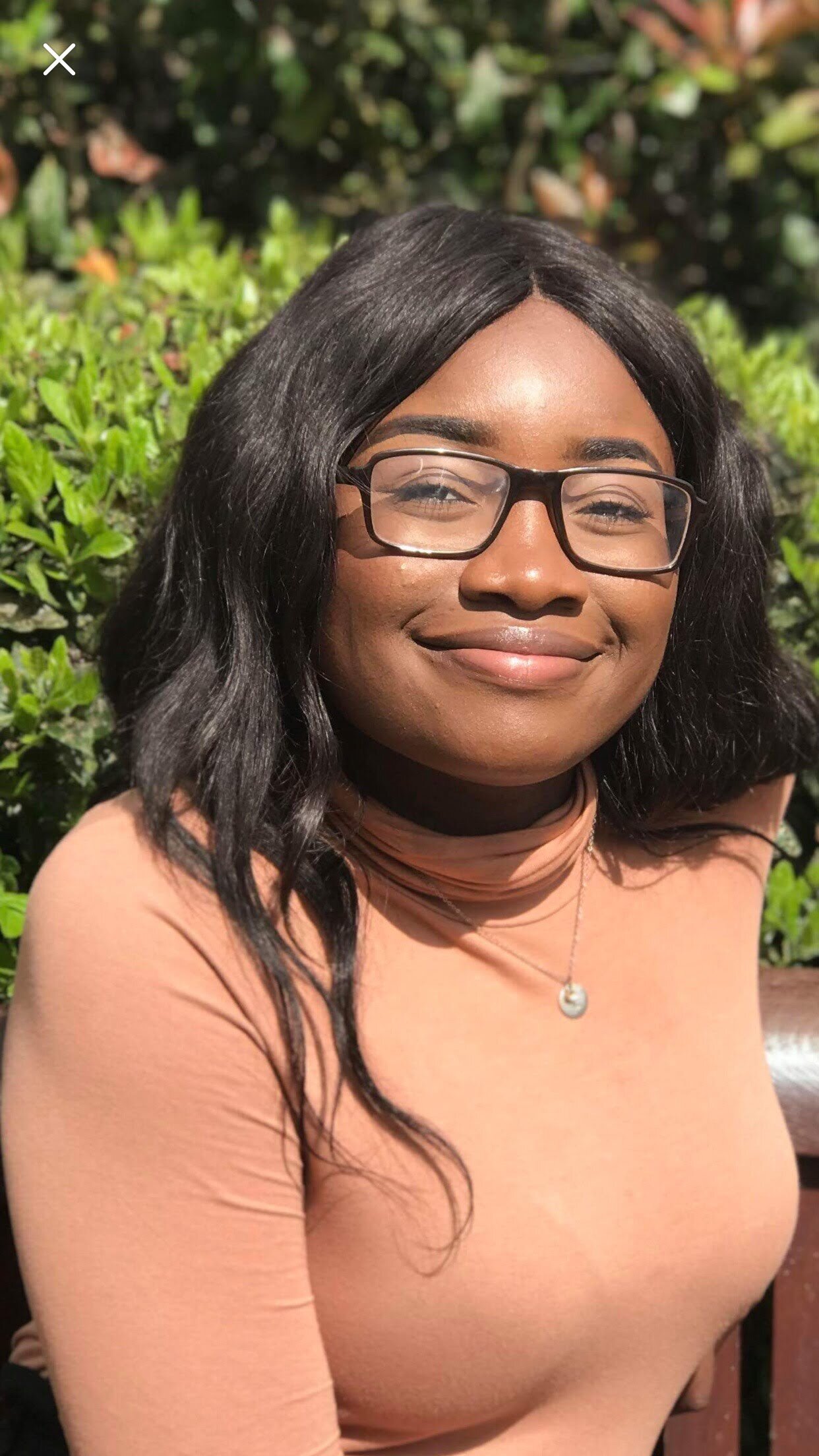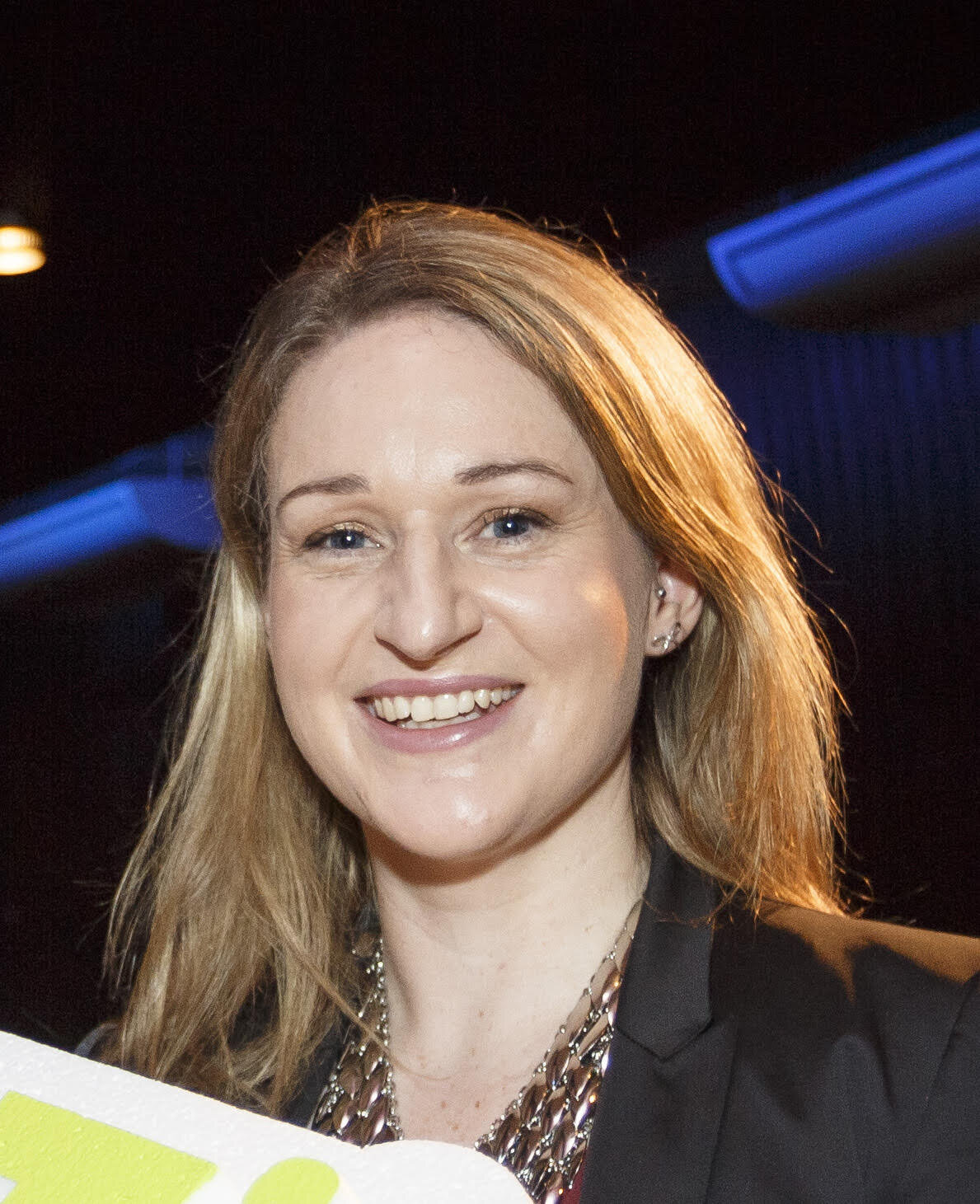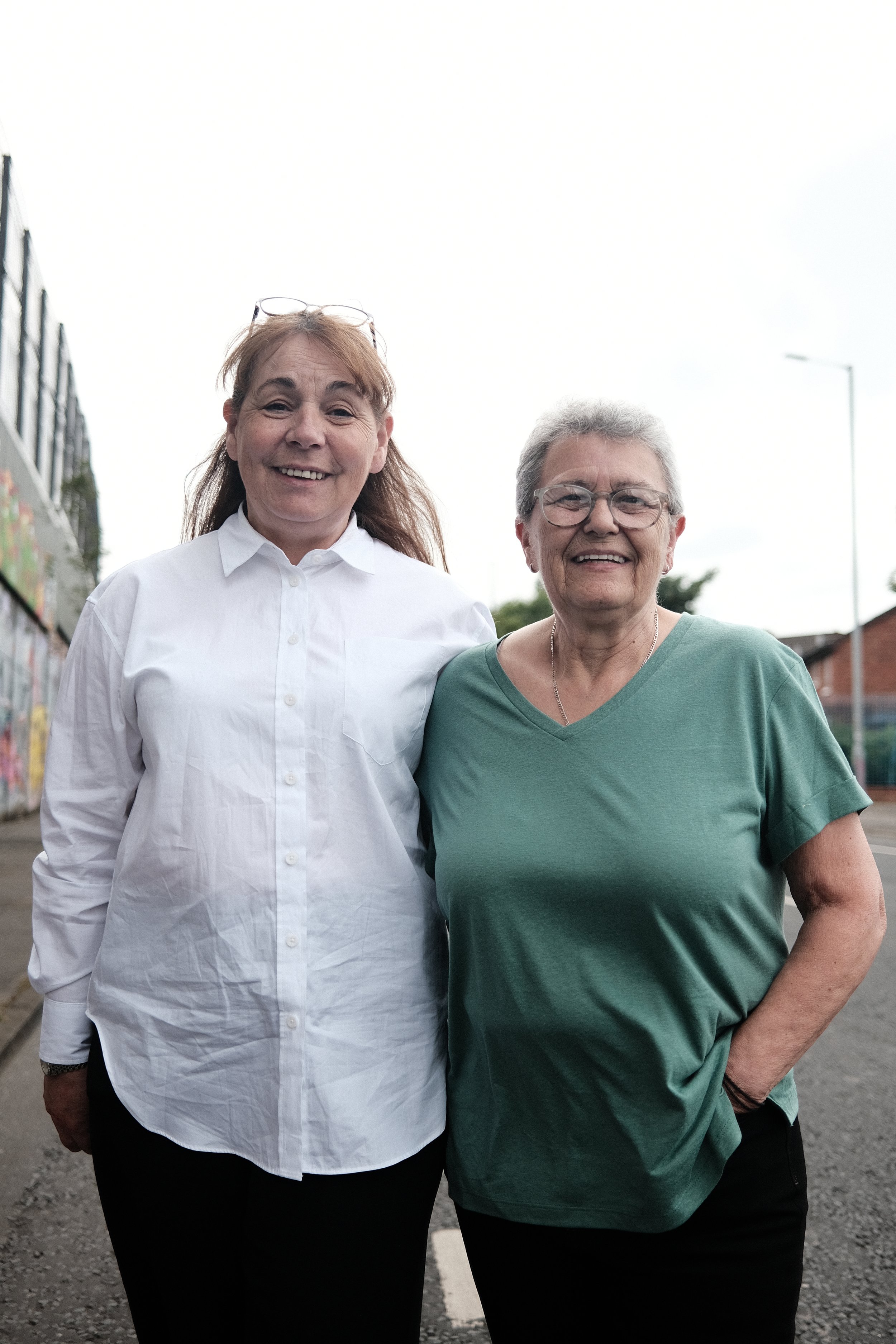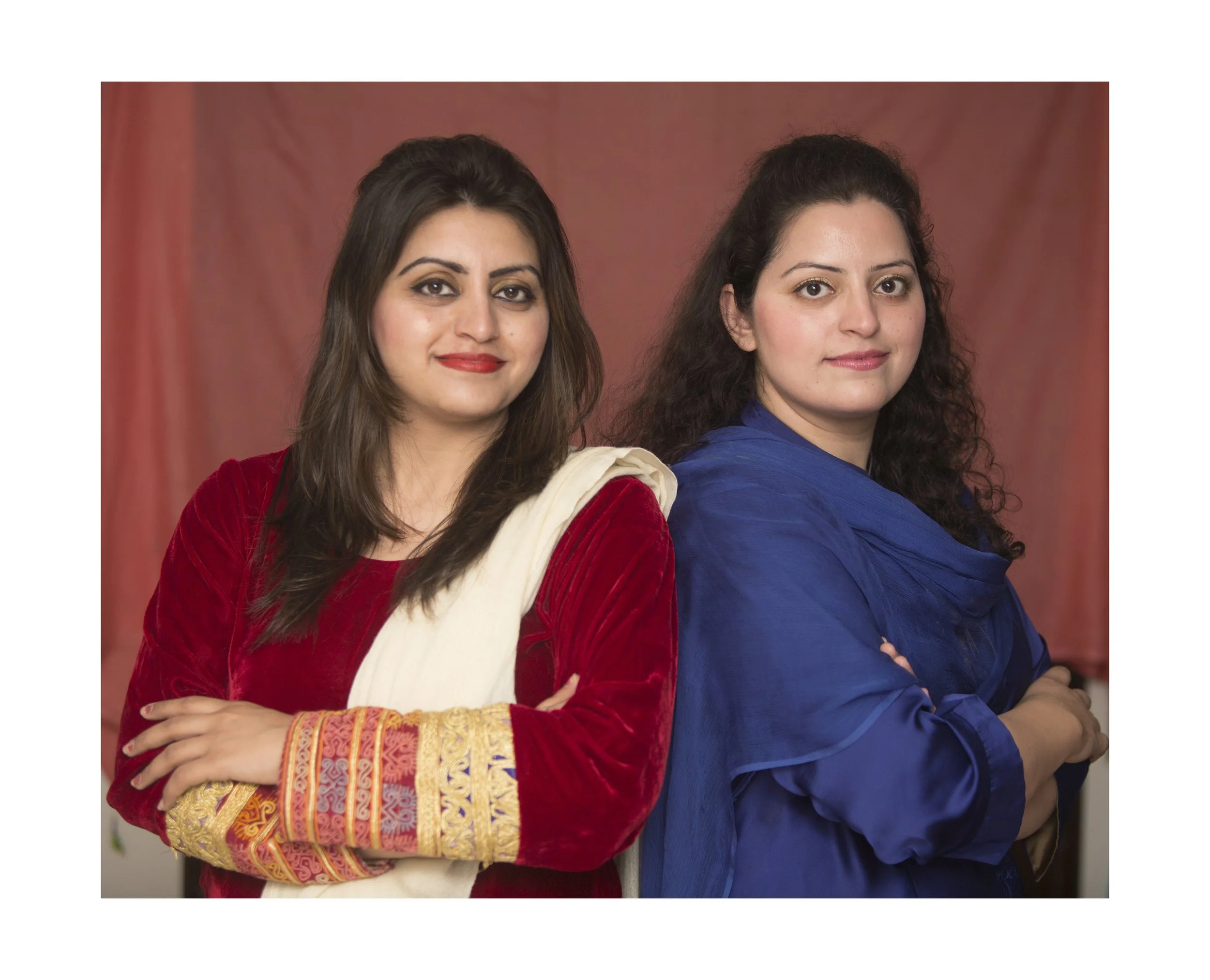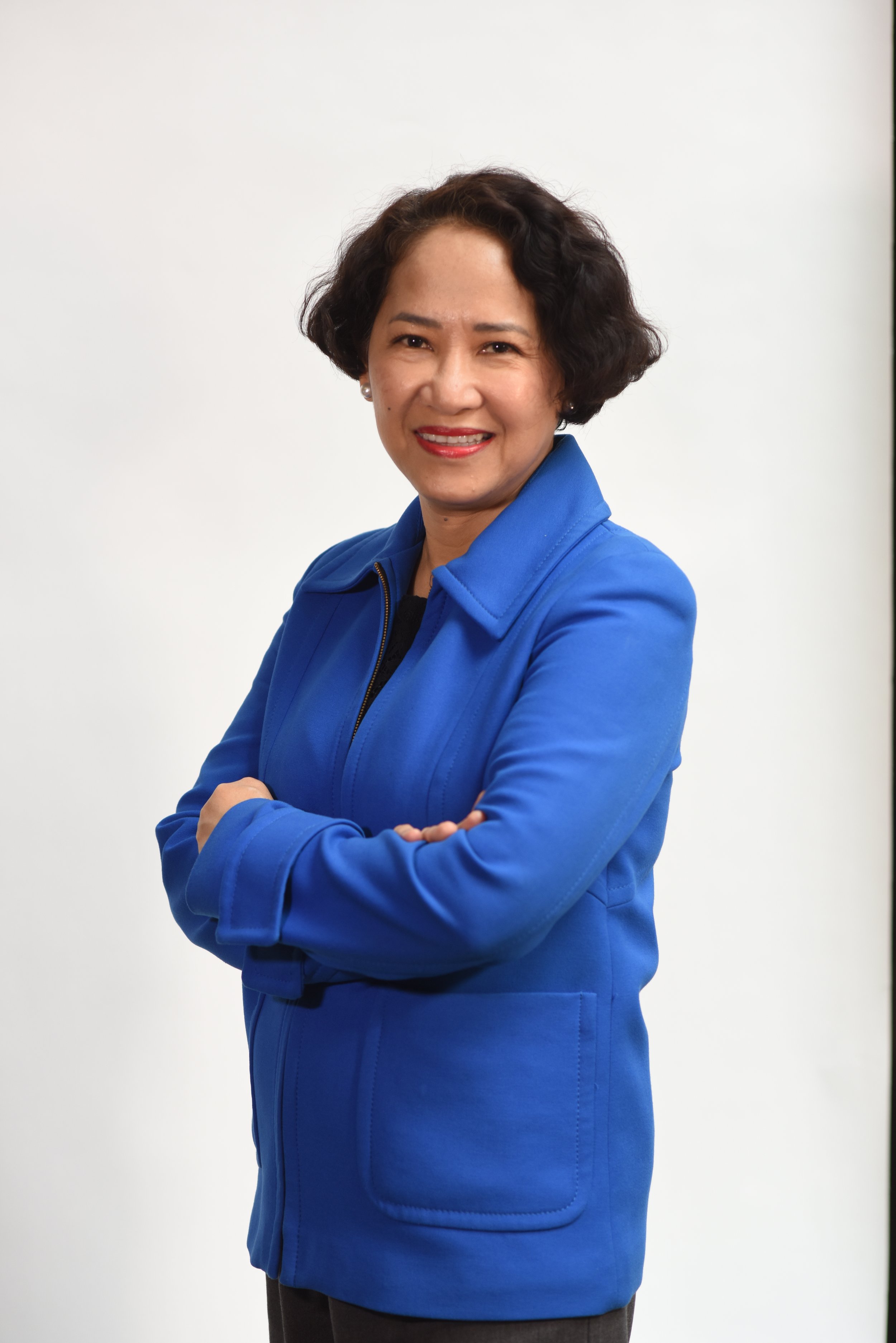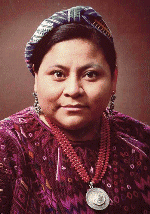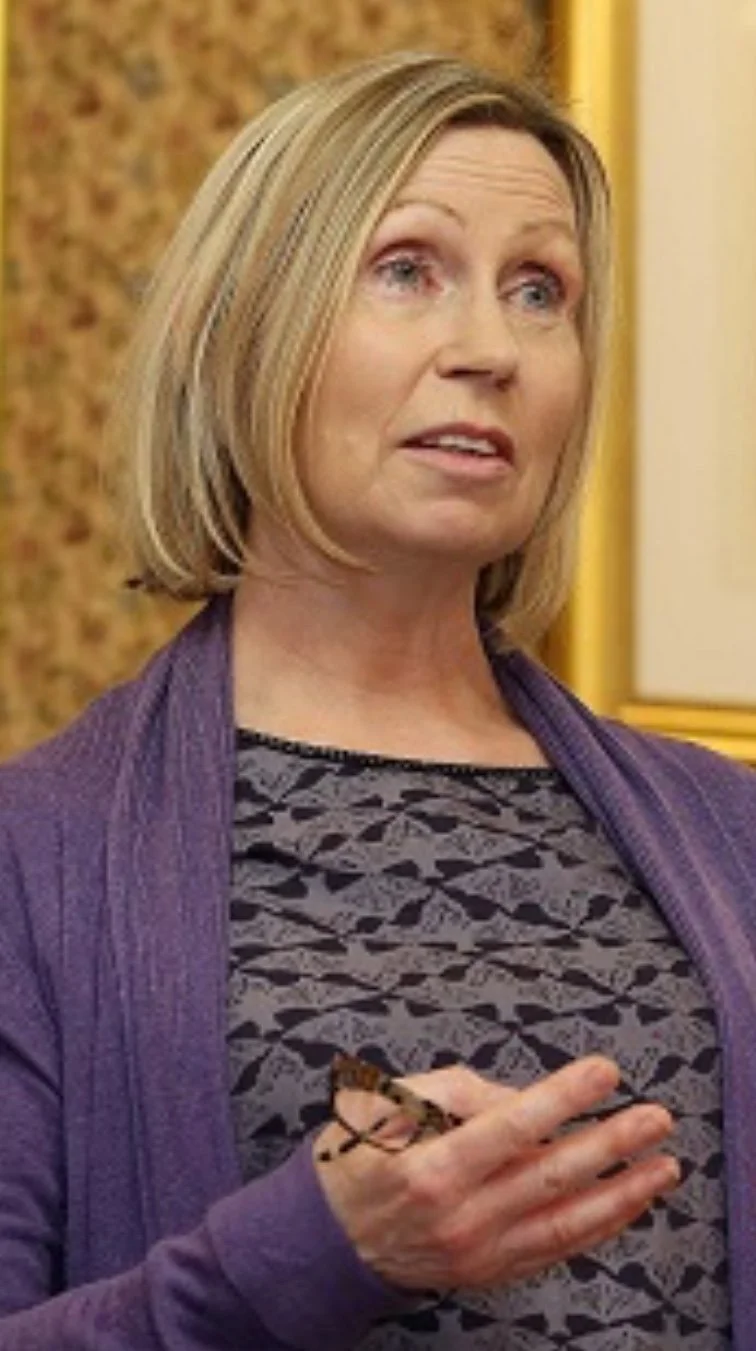Founder of AkiDwA / Head of Operations and Strategy at AkiDwA / Chairperson, European Network of Migrant Women, Commissioner for Irish Human rights and Equality
Founded in 2001, AkiDwA works to promote equality and justice for migrant women living in Ireland by ensuring equal opportunities and access to resources. Their activities are focused on helping migrants to participate fully in all aspects of social, cultural, economic, civic and political life in Ireland. Salome Mbugua has been Head of Operations and Strategy with AkiDwA since September 2018. She is a researcher, gender equality activist and human rights advocate with over 20 years’ experience of working with under-represented groups, in particular with women, children, and young people, in Europe, Africa and internationally.
(We sat down with Salome on 16 Jan 2020 at the AkiDwA offices in Dublin to have a chat about her life in Ireland).
Your current role is Head of Operations and Strategy at AkiDwA – what does that entail?
So I’m the founder of AkiDwA, and I actually left back in 2014 to undertake my research which I’m just now finished, and I came back in September 2018 to work as Head of Operations and Strategy and at the time, when I got that role it was because the organisation was restructuring, things were changing and I had to work with the board, the staff, our members, and all other stakeholders, to check out if we’re still relevant as an organisation. As a migrant-led organisation this means there is high expectations both from migrant women, from service providers and others. So, I’ve finished development of the strategy and we’re now in the process of hiring a manager.
We’ve been working on mental health research at AkiDwA. All the experiences of women seeking asylum in Ireland – all the things people are talking about now, these things have actually been talked about previously, but the state and the government aren’t doing anything to change those situations. The issues have been known – it’s taking action on the recommendations that are coming up, is what needs to happen. For example, people get abuse before they migrate, and then during their migration and then when they come here and they stay in the asylum process for five years, that abuse doesn’t end. They might come from war and then you’re in the asylum process for five years it triggers all that you’ve gone through before and it makes the situation worse. So, there’s a disengagement that the health system doesn’t incorporate the intersectionality of gender migration and health. Migration in itself is problematic, it’s an issue for the person migrating, and then when they get here they’re kept in a state of dependency. They don’t have a support structure, they don’t have family, they may have a language barrier – so whom do you turn to – and that can be a trigger for mental health. And if your mental health isn’t good that determines everything; you won’t be able to take care of your children, you won’t be able to navigate the system, you won’t be able to function.
What are your insights on young people, young migrants, and how can the indigenous Irish make them feel more at home?
The major challenge with young people has been identity. My daughter was five when we came into this country in 1994 and back then, there weren’t really any people like her, there weren’t many migrants at the time so she actually didn’t really experience the racism that people do now – at school everyone actually wanted to play with her because she was different. But then more people started coming and there was an attitude change. But the way a young person copes is influenced by two things; the first is the situation at home. If the parent experiences discrimination or has a language barrier then that can impact how they act around their child. And then the child can be impacted by what they see and experience at school and the parent can see this as rebellious, because it’s not in their culture. For example, myself – I was brought up in Kenya, my ethos and values and norms were formed there around my family, and I want my child to be brought up the same way. But she grew up here in Ireland and for example, sleepovers, we never had them in Kenya! So, migrant children are dealing with all of this – they go to school and try to fit in and find their identity, but their parents also don’t want them to forget where they come from, their culture. Young people are struggling to fit within two cultures, the culture of the mother and parent, and the culture of being your real self – going to an Irish school and acting your age and being influenced by your peers. So, this issue of identity is very difficult for migrant children. Of course there are issues of poverty and discrimination that young people face, they can be helped by embracing them and giving them opportunities, to participate in all aspect of society especially at the community level.
You’ve just finished your Doctorate on conflict, peace building and reconciliation and your special case study was on the Congo - can you tell us a little bit more about that?
Yes, I was looking into the role of women in peace building and how women are involved at different levels of decision-making. I was studying in Trinity college for four years and I just submitted it. My focus was on the Congo because I wanted to look into the whole area of women participation and women contributing to peace and negotiations given the incurring conflict in Eastern Congo. So, I wanted to find out how it’s happening, and the Congo for me was very important because there is a lot going on. A lot of people call it the Capital City of Rape and I really wanted to know are women being involved to ensure this conflict, and this abuse of women, stops. So, I worked with over 8 focus group discussions, and individual women and service providers in Goma which is in North Kivu Provence of DRC. My argument was also backed up by a scholar named John Paul Lederach and he has we call the pyramid of peace. And in this pyramid, you have different actors (elite, civil society and grassroots actors) who can help bring peace if they are supported. So there is the top level where you have the government, then you have the schools, the churches and all that, and then you have the bottom level where you have the community, and it’s in this level that you expect women to be. In these other two levels he assumes women will be involved but my argument is that we have a problem with gender divisions of power so to get women at the very top levels is actually very difficult. Women at the bottom level are pushing themselves to even get in that bottom level, male domination in particular is a key hindrance to women participation in peacebuilding and my research confirm even grassroots women are not involved at the very bottom level of this pyramid hence everyone assumes they are, therefore discussion on gender balance, gender equality are vital.
You came here in 1994. Have the attitudes toward migrants changed? Have they gotten worse, better?
Well when I came here first, I was very young and at that time, there weren’t as many migrant people. There were very few. I was sort of a novelty. And I left for a while and came back here in 1998 and coming back then I could see so many people – the economy was booming. So that time was a little bit horrific. The reality had sort of hit Irish people that we were coming and staying. We weren’t going back. And then people were hostile from about 1998 until maybe 2003, and then you could see the support for migrant, a good example was the Athlone Families together who came to challenge deportations for families and children in 2004/5, I got a lot of support from Irish people, in developing AkiDwA and support by way of funding. We got good funding to help the organisation to progress. It changes, society changes in many ways – now we have a lot of Irish people talking about, and challenging, Direct Provision.
You’ve said that you have a strong belief in equality and justice. Did that come from your childhood, or role models?
It came through my father. My father always believed in equality and the way people are treated. I was brought up in a rural part of Kenya, about 40 minutes from Nairobi, and my father believed that people should have equal access to everything. He taught me that you can never hide from the truth. If something is happening and it’s wrong, then speak up!
Also, my grandmother. I was awarded to my grandmother when I was eight, to be a carer for my grandfather. He fell from a roof and he was completely paralysed, he couldn’t do anything for himself and so, my family insisted that I go and live with my grandmother to help her care for my grandfather. I was a carer at the age eight. So, for me, I’ve seen that helplessness, that vulnerability, from a very young age and I was able to understand those types of situations going forward. Equality and justice for the marginalised, for the most vulnerable, is very important for me. My grandmother wanted to empower me as well. I worked very hard with her and she taught me to be confident. She would face anything that came her way and she had to meet all the needs of the family. She used to get her money by selling maize that she grew in her farm. She would send me to the market, and she would give me some of the money we made for myself. I was exposed to a life that came with challenges and that inspired me to become a social worker.
Then I became a single mother at a very young age. The father of my child died when my daughter was six months old. So, I had to carry the burden of taking care of her alone. My life has been so much working with vulnerable people.
What do you miss about Kenya?
The people. The lifestyle is definitely very different, and the way we deal with situations. I miss my family. I grew up in a big family of nine. And now we are all scattered all over the world. But Kenya was also difficult to advance my career or work. As a social worker I was so frustrated because you’re trying to rehabilitate and to protect children from abuse. And we had big businessmen coming and picking girls to sexually assault them. We managed to take a case, but they ended up bribing and get away with it. So, I find Ireland easier to work in because often you can actually see the justice.
How long did it take for you to feel really at home in Ireland?
I think for me – when I found a job which was sort of like social work, I was working with young boys with challenging behaviour, and they were all young white boys, Irish boys, and they used to call me their ‘black mother’ and I felt so much at home because they accepted me, and I was in college, and I was just getting on with my life. So, I didn’t get challenged like asylum seekers do. But you know, I established an organisation and I got so much support from the Irish women so that was really good too. This support made me feel so much accepted and respected for the role that I am playing; it makes me motivated when we highlight issues as an organisation and they are acted upon. You feel acknowledged and valued and seen the fruits of my dedication through work make me feel so much at home
How do you feel, looking forward?
It’s an exciting time. Ireland has the opportunity to accept the changes that has happened in the last two decades. The time to change is now- and this is by ensuring policies, structures reflect on the diversity we have in Ireland, all people living here must be treated with respect and dignity, embracing of this diversity is key. In the recent years we have seen Irish society opening itself and endorsing change through the passing of marriage equality referendum and repeal the 8th Amendment, migrant issues such as abolishment of direct provision will become a thing of the past. The energy is there. The majority of people are open-minded, they’re open to challenge and they’re open to change.


